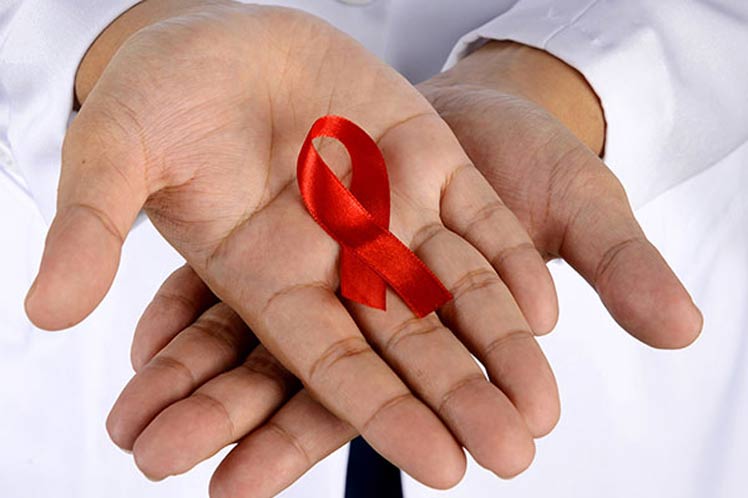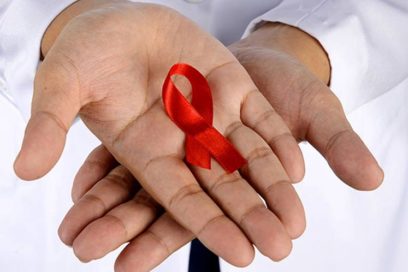
In a message regarding the date, the Executive Director of the Joint United Nations Program on HIV/AIDS (UNAIDS), Winnie Byanyima, stressed that ‘without communities, 24 million people around the world today would not have access to treatment’.
‘Without the communities led by women who live and are affected by HIV, we would not be close to ending new infections among children today, nor would we be able to raise orphans or care for the sick’, she said.
And it is that many children suffer and die daily because of this disease, especially because of the low access to anti-retroviral treatment and the lack of preventive work.
According to a report recently published by the United Nations Children’s Fund (UNICEF) more than 13 children and adolescents died in 2018 every hour and the number of affected infants in the world amounted to 1.1 million while only 54 for hundreds of patients from zero to 14 years old they received the necessary therapy.
Pregnancy or childbirth were the route of transmission for 89 thousand children under five years of age and about 76 thousand were infected during breastfeeding, while about 140 thousand female adolescents and 50 thousand men contracted the virus.
‘Let us call on governments to open the spaces, so that activists can carry out their work in the best way they know. With the communities at the forefront and the governments keeping their promises, we will be able to end AIDS’, said Byanyima.
As part of the international actions for the event, the Pan American Health Organization (PAHO), Onusida, UNICEF and the Network of Positive Young People of Latin America (J + Lac) promote a campaign to improve access to preventive measures under the motto ‘Talk to me openly’.
In addition to providing information, it is intended to sensitize health personnel so that more and more young gay men, men who have sex with other men (MSM), who are more disproportionately affected by HIV, seek and obtain the necessary information and support for a healthy sexual life.
According to information promoted by PAHO, to which Prensa Latina had access, in Latin America new HIV infections have increased seven percent since 2010 and an estimated 100,000 people contracted the virus in 2018 alone.
One in five of the people infected last year were 15 to 24 years old and young people, gay men and MSM represent 40 percent of all new infections in the region.
Among the nations with the lowest HIV/AIDS prevalence in Latin America and the Western Hemisphere, Cuba stands out with the goal 90-90-90 set for the year 2020 (so that 90 percent of the patients know their serological status, that same figure has access to treatment, as well as eliminating almost 100 percent transmission, with minimal viral load.
Bárbara Venegas, an official of the Department of STI/AIDS and Hepatitis of the Epidemiology Department of the Ministry of Public Health of Cuba, said in a press conference that the island has already reached 87-86-73.8, respectively, which evidences the need to work more in relation to adherence to treatment.
In 2015, Cuba was declared the first country to eliminate the transmission of HIV from mother to child and congenital syphilis and the work carried out in the control of the disease also demonstrates that it is possible to have future generations free of HIV. Getting to control the epidemic is one of WHO’s goals.


